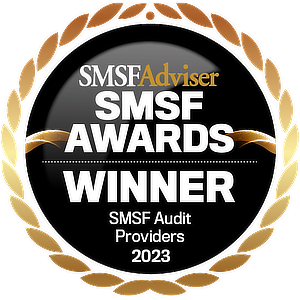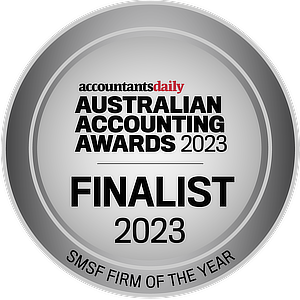With the attractive tax concessions in SMSFs, some trustees are looking to invest in complex derivatives within their SMSF in a bid to increase their retirement savings. One of the investment practises we have been seeing is the use of exchange-traded options within an SMSF.
What are exchange-traded options?
Exchange-traded options, as the name suggests, are options listed on an exchange, and many investors prefer this type of option given they have standardised contracts unlike the ‘over the counter’ option, which creates some uncertainty for the investor.
SMSF trustees are able to invest in exchange-traded options as long as certain requirements are met. These include:
- Investing in exchange-traded options must be allowed in the fund’s investment strategy;
- If a charge is required to be placed over a fund asset in relation to an exchange-traded option, it must be in order to comply with the rules of an approved exchange and the SMSF will also need a derivative risk statement in place. The derivative risk statement details the fund’s policies for derivatives, the risk associated with them and the controls/procedures in place for the management of derivative trading. The SMSF trustee must abide by the derivative risk statement parameters in addition to the requirements contained within the investment strategy.
Are there specific rules for using exchange-traded options in my SMSF?
Exchange-traded options are generally used as a hedging tool to minimise the impact of fluctuations in an investment portfolio. While there are no specific rules on the use of exchange-traded options in the superannuation legislation, trustees need to be cautious in their trading activity that they abide by the duties imposed on trustees under trust law in general.
This includes that trustees:
- Exercise the same degree of care, skill and diligence as an ordinary prudent person would in dealing with property of another for whom the person felt morally bound to provide;
- Perform the trustee’s duties and exercise the trustee’s powers in the best interests of the beneficiaries.
This is generally interpreted as implying trustees should not use exchange-traded options for speculative purposes. Speculation in relation to derivative trading can have quite a broad meaning; however, it is usually taken to have included one or more of the following:
- The net exposure of the fund to an asset class being outside the investment strategy limits;
- The total portfolio risk being outside the investment strategy requirements;
- The fund holding uncovered derivative positions; or
- The fund’s total portfolio being ‘geared up’ through derivatives to circumvent the borrowing rules.
Taxation considerations
Another important factor when considering exchange-traded options in a SMSF is taxation. In the past, SMSF option traders have included gains on option trading in assessable income and in turn treated losses as deductions that could be offset against another fund’s income (such as interest or dividends).
However, the ATO has confirmed that gains on exchange-traded options are to be treated as capital gains and any exchange-traded option losses will be treated as capital losses. This means if the fund has no capital gains in the financial year, losses from exchange-traded option’s trading will be carried forward to be offset against future capital gains.
Aquila Super is one of Australia’s largest and most experienced SMSF service providers, assisting trustees, accountants and financial planners all over Australia. For help understanding and managing an SMSF, contact us today.















